The views expressed in our content reflect individual perspectives and do not represent the authoritative views of the Baha'i Faith.
If you read, listen to or watch any media to get your news, you’ve probably noticed more coverage lately about a concept called “the rule of law,” and how it’s diametrically opposed to tyranny.
But what does the rule of law really mean? Here’s one definition, from the Oxford English Dictionary:
The authority and influence of law in society, especially when viewed as a constraint on individual and institutional behavior; (hence) the principle whereby all members of a society (including those in government) are considered equally subject to publicly disclosed legal codes and processes.
We all get the basic idea, which certainly seems simple—the place we live has a set of laws written down somewhere, and if we break them we risk the consequences. No lack of clarity there.
But where does the rule of law, and the body of law that rules us, actually originate? How does a legislature, a city council, a parliament, a culture come up with its laws in the first place? If a nation operates by the rule of law, who decides which laws get enforced and which don’t, or figures out the penalties when people break those laws?
RELATED: Where Do Laws Comes From, Anyway?
Most importantly, do societies governed by the rule of law necessarily dispense justice?
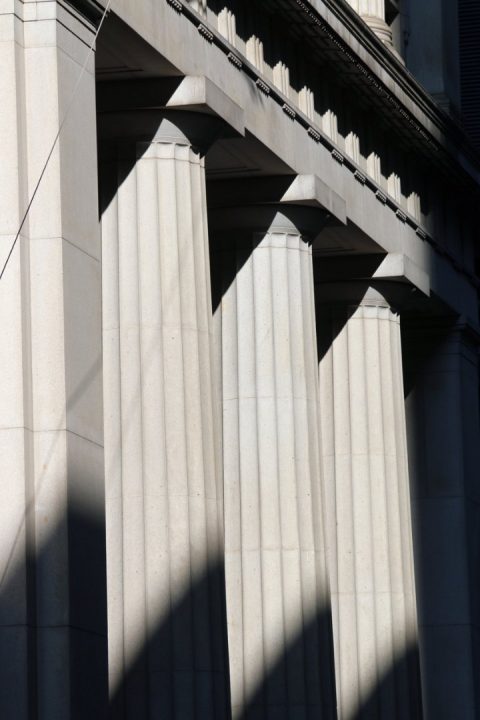
So many of our modern issues and problems revolve around these crucial issues of law and justice. Those obviously important questions dominate and underpin much of the discourse in contemporary society—and the Baha’i teachings offer interesting and unique answers. In this series of essays, we’ll look into those questions, try to apply some of the wisdom found in the Baha’i writings on these important topics, and see if we can get a sense of the relationship between the rule of law and actual justice in today’s world.
The purpose of justice is the appearance of unity among men.
Along the way, we’ll explore whether we can envision a future state of society where law and justice mean the same thing—and, as Baha’u’llah wrote, where justice brings about unity:
The light of men is Justice. Quench it not with the contrary winds of oppression and tyranny. The purpose of justice is the appearance of unity among men.
So let’s dive right in: Where does human society get its laws? Answer: we humans have basically four types of legal systems – called civil, common, religious, or statutory:
Civil law is usually codified in a Constitution or a set of statutes passed by a legislative body. The first such code came from Babylon somewhere around 2000 BC, and was called the Code of Hammurabi.
Common law emerges from the sum total of the decisions and precedents made by judges in a judiciary system.
Religious law codifies the ethical and moral teachings of religion – as in Hindu law, the Jewish Halakha legal system, Christian canon law, or Islamic sharia codes.
Statutory law is a written set of legal laws and guidelines, usually ratified by a body of officials. Towns, cities, and states often have their own code of statutes.
Baha’u’llah, the founder of the Baha’i Faith, wrote in his book Epistle to the Son of the Wolf that each of these written legal systems, no matter how they first came about, all initially originated in the teachings of religion:
These principles and laws, these firmly-established and mighty systems, have proceeded from one Source, and are rays of one Light. That they differ one from another is to be attributed to the varying requirements of the ages in which they were promulgated.
Abdu’l-Baha made a similar point in a talk he gave in Boston in 1912:
The Prophets of God have founded the laws of divine civilization. They have been the root and fundamental source of all knowledge.
When you look at our legal systems from this perspective, you can readily see the influence of the prophets and their teachings. The preponderance of our secular civil and criminal laws, legal scholars from all cultures will tell you, often have their historical origins in the moral and spiritual teachings of religion.
RELATED: Baha’i Behavior: No Mere Code of Laws
Which makes sense, because that’s one of the main things a true religion does. When the prophets and founders of the world’s great Faiths appear, they each reveal a set of moral guidelines and spiritual laws—in essence, a code of ethical, just, and compassionate human conduct—and teach it to their followers. As religious revelations grow and their moral and ethical teachings and laws spread, many of those principles then find their way into the rule of law and the legal systems of governments.
Judaism’s Ten Commandments, as just one example among many, have served as the basis for the civil and criminal laws of many cultures and societies, and still do today.
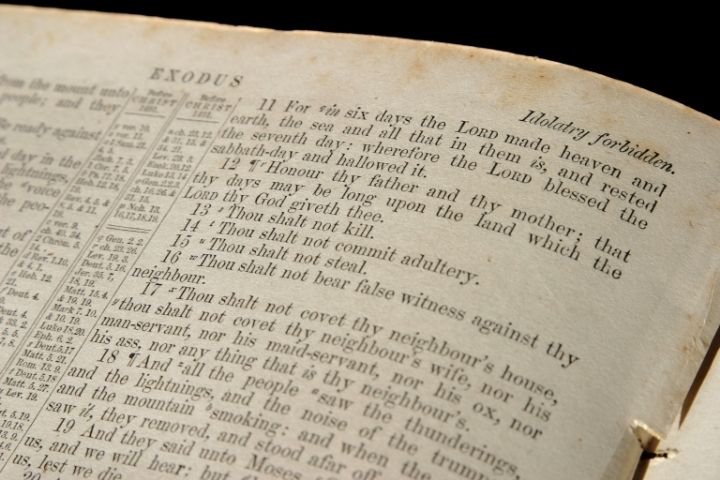
Those powerful original religious laws—the Ten Commandments; Christ’s laws of love and brotherhood; the Edicts of Ashoka in Buddhist law; the laws Muhammad gave to his followers; the universal spiritual law called the Golden Rule found in every Faith—all have generated or contributed to civil, common, and statutory legal systems, which still follow the prescriptions for living first set down by the founders of the great Faiths. In a tablet included in Gleanings from the Writings of Baha’u’llah, the founder of the Baha’i Faith wrote that the source of true justice flows from the wellspring of the ordinances prescribed by the prophets and founders of religion:
Know verily that the essence of justice and the source thereof are both embodied in the ordinances prescribed by Him Who is the Manifestation of the Self of God amongst men, if ye be of them that recognize this truth. He doth verily incarnate the highest, the infallible standard of justice unto all creation.
Of course, religious influence on a modern society’s laws—especially in multi-cultural, polyglot cultures with people who practice many different belief systems or have none at all—can raise thorny issues. For that reason and several others, historians tell us that humanity didn’t really begin implementing a more secular rule of law until the 18th and 19th centuries—because prior to that time most societies relied on a single dominant belief system and a set of generally-accepted laws sourced from a primary religion. Only after various cultures and countries began to migrate, diversify, and intermingle did the need for the democratic rule of law become clear in human civilization.
So how do the Baha’i teachings treat the whole question of the rule of law? Do Baha’is adhere to the laws and principles of their Faith, or to the laws and principles of their countries? Does the Baha’i Faith support the modern concept of the rule of law, or does it advocate a more faith-based approach? What about the laws of other Faiths? In the next essay in this series, we’ll examine those critical questions.


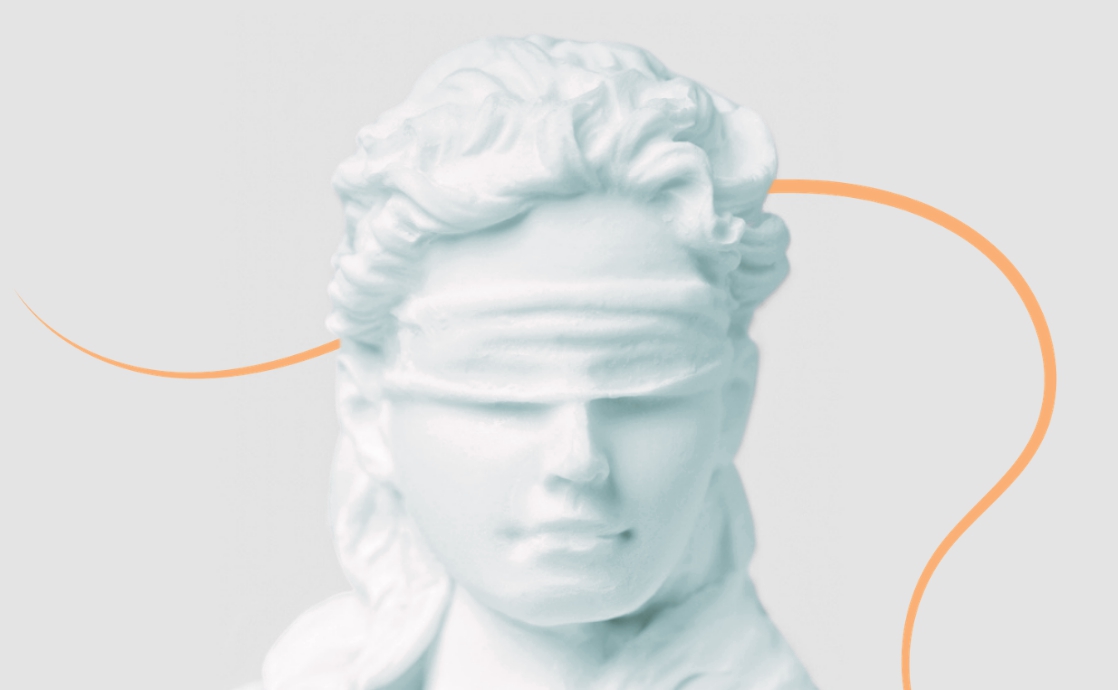


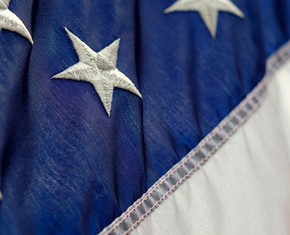
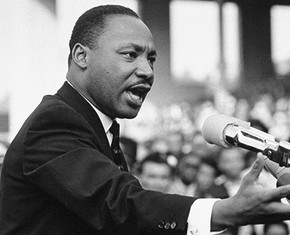









Comments
Sign in or create an account
Continue with Googleor